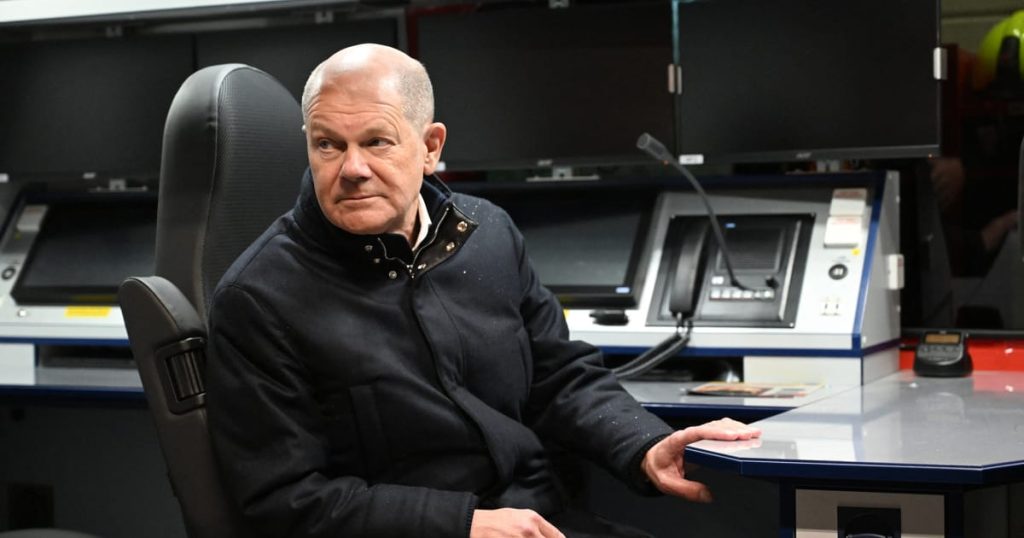The escalating feud between German Chancellor Olaf Scholz and tech mogul Elon Musk has taken center stage in German politics. Musk, leveraging his ownership of the social media platform X (formerly Twitter), has launched a series of personal attacks against Scholz, labeling him a “fool” and an “oaf,” and predicting his defeat in the upcoming German federal election. This rhetoric is not limited to Scholz; Musk has also targeted other prominent German politicians, including President Frank-Walter Steinmeier, whom he branded an “anti-democratic tyrant.” These actions have raised concerns about Musk’s growing political influence and his potential interference in the German democratic process.
Adding fuel to the fire, Musk has publicly endorsed the far-right Alternative for Germany (AfD) party, a move that has sparked outrage and accusations of meddling in the German election. This endorsement, coupled with Musk’s planned conversation with AfD leader Alice Weidel, the party’s chancellor candidate, has further intensified the political storm. Scholz, in response to Musk’s provocations, has vowed to remain composed and has pointed to a historical pattern of wealthy media entrepreneurs clashing with Social Democratic policies.
Musk’s increasing engagement in political discourse, particularly through X, has transformed him into a significant political actor. His support for then-President-elect Donald Trump hinted at his burgeoning political aspirations, and his use of X as a platform to disseminate his views has amplified his influence. This incident with Scholz highlights the growing power of tech giants and the potential for their platforms to be used to shape political narratives and even potentially influence election outcomes.
The German government’s concern over Musk’s actions stems from the potential for interference in their democratic processes. Musk’s direct endorsements of a far-right party and his personal attacks against the incumbent chancellor represent a departure from typical political commentary. His massive online reach, combined with the often inflammatory nature of his pronouncements, raises concerns about the potential for manipulation and disinformation.
Scholz’s response, emphasizing his experience with similar pushback from affluent media figures, suggests a strategy of downplaying the significance of Musk’s attacks. By framing this as a predictable reaction from a wealthy individual opposed to social democratic ideals, Scholz aims to deflect the criticism and maintain his focus on the upcoming election. This approach also seeks to avoid escalating the conflict further, recognizing the potential for a prolonged public feud to distract from important policy debates.
The clash between Scholz and Musk epitomizes the broader tension between political establishments and the rising influence of tech billionaires. As social media platforms become increasingly important arenas for political discourse, the potential for interference from powerful individuals like Musk poses a challenge to traditional democratic norms. The German government’s response and the broader international reaction to Musk’s actions will likely shape the future debate on regulating the political influence of tech giants and protecting the integrity of democratic processes. This incident serves as a crucial case study in the evolving relationship between technology, politics, and power in the 21st century.














